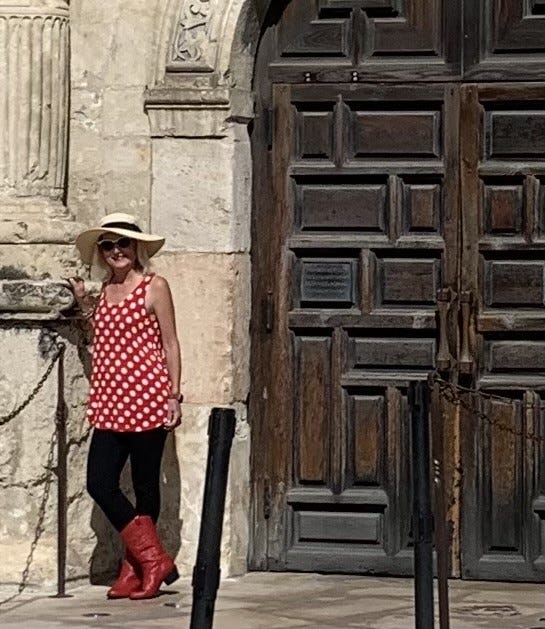What’s the difference between a run-on sentence and a long sentence? A run-on is usually long; however, a long sentence is not necessarily a run-on. A run-on sentence is grammatically incorrect. It lacks signposts for the reader to know how the clauses or thoughts are related. It is comprised of two or more independent clauses that are not separated by a conjunction or punctuation.
Here are some examples:
I am a teacher I am also a writer I love to swim.
I wanted to visit the Eiffel Tower while I was in Paris, but I decided not to when I saw how tall it is since I suffer from acrophobia.
Without a comma or conjunctions, the above two sentences are no more than thoughts strung together. See how much more you can understand when they are written correctly:
I am a teacher and a writer, and I love to swim.
I wanted to visit the Eiffel Tower while I was in Paris, but I decided not to when I saw how tall it was. I suffer from acrophobia.
Here’s how a great passage would become a run-on sentence if the punctuation and the conjunction or were removed.
Sherlock Holmes said it in Arthur Conan Doyle’s story, “The Adventures of the Creeping Man.”
“My line of thoughts about dogs is analogous to how a dog reflects the family life whoever saw a frisky dog in a gloomy family a sad dog in a happy one snarling people have snarling dogs dangerous people have dangerous ones and their passing moods may reflect the passing moods of others.”
Thankfully, Conan Doyle was a great punctuator:
“My line of thoughts about dogs is analogous to how a dog reflects the family life. Whoever saw a frisky dog in a gloomy family, or a sad dog in a happy one? Snarling people have snarling dogs, dangerous people have dangerous ones. And their passing moods may reflect the passing moods of others.”
Long sentences are best written with a stylistic purpose, and if done well, they can be literary works of art. Here are some of my favorites:
“Its vanished trees, the trees that had made way for Gatsby’s house, had once pandered in whispers to the last and greatest of all human dreams; for a transitory enchanted moment man must have held his breath in the presence of this continent, compelled into an aesthetic contemplation he neither understood nor desired, face to face for the last time in history with something commensurate to his capacity for wonder.” — F. Scott Fitzgerald, The Great Gatsby
“It was the best of times, it was the worst of times, it was the age of wisdom, it was the age of foolishness, it was the epoch of belief, it was the epoch of incredulity, it was the season of Light, it was the season of Darkness, it was the spring of hope, it was the winter of despair, we had everything before us, we had nothing before us, we were all going direct to Heaven, we were all going direct the other way — in short, the period was so far like the present period, that some of its noisiest authorities insisted on its being received, for good or for evil, in the superlative degree of comparison only.” — Charles Dickens, A Tale of Two Cities

Please follow me on social media and subscribe to my newsletter, where you’ll find more “Growing Up Catholic in a Small Texas Town” humorous blog posts. I also write the Sydney Lockhart Mystery Series (because sometimes you just gotta laugh) and the Kate Caraway Animal-Rights Mystery Series (because writing about a cause is a good thing).


